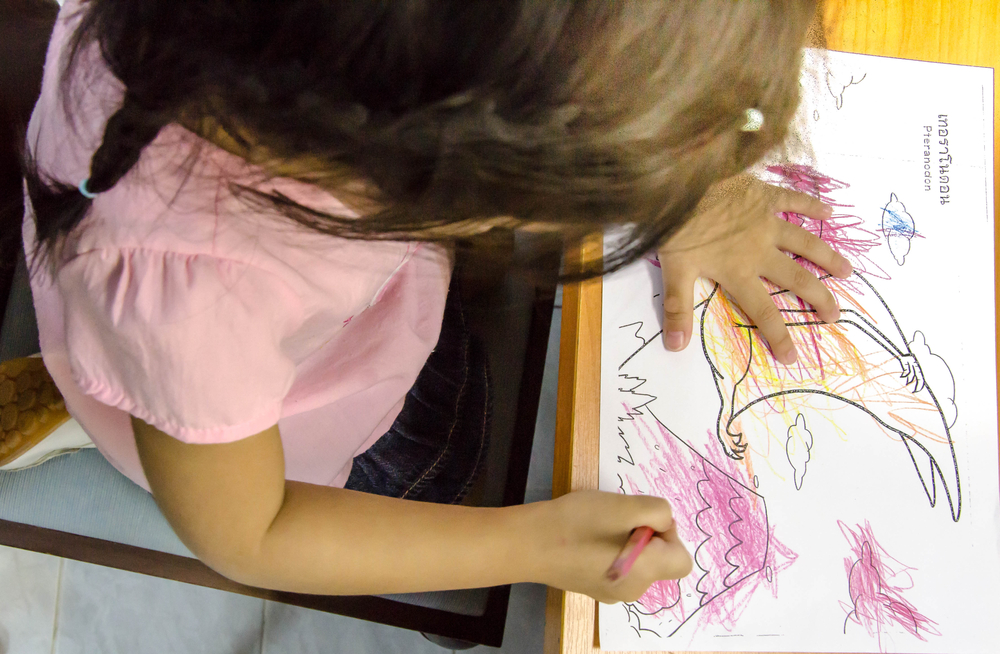Enhancing Reading Comprehension Science Worksheets for Ages 4-6
5 filtered results
-
From - To
Discover our engaging Enhancing Reading Comprehension Science Worksheets designed specifically for children ages 4-6. These worksheets seamlessly blend fun and education, helping young learners develop essential reading skills while exploring intriguing scientific concepts. Our carefully crafted activities encourage critical thinking and language development through age-appropriate texts and illustrations. Kids will enjoy interactive exercises that enhance their comprehension abilities, making learning a delightful experience. Perfect for homes, classrooms, or homeschooling, these worksheets make it easy for educators and parents to foster a love for reading and science in early learners. Explore the wonders of the world together as your child becomes a confident reader!
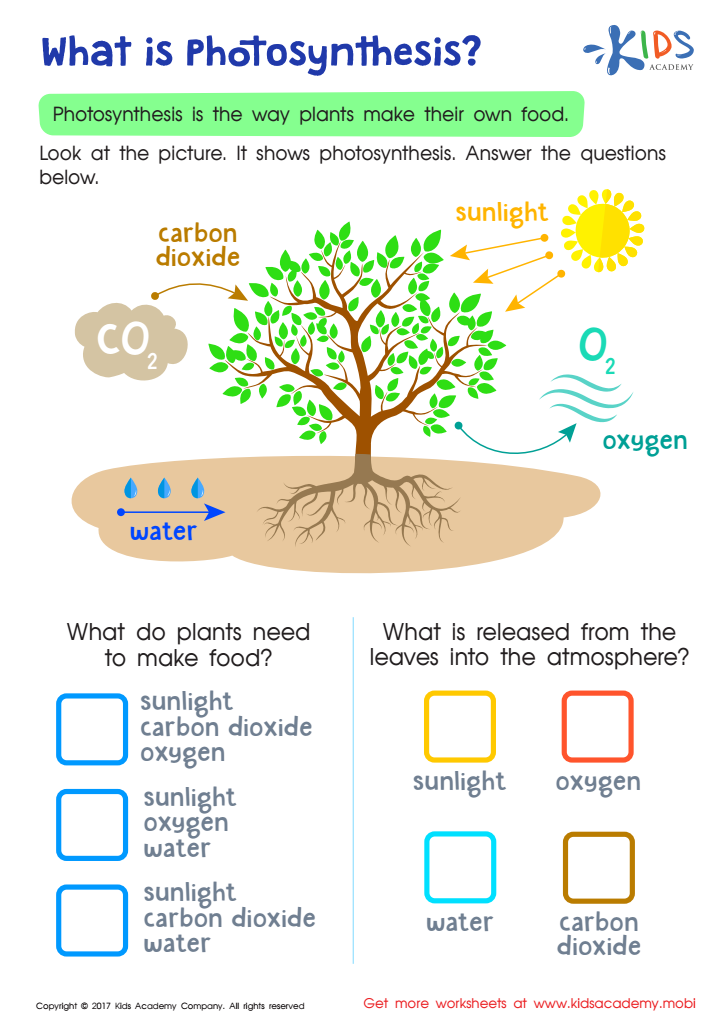

What is Photosynthesis Printable
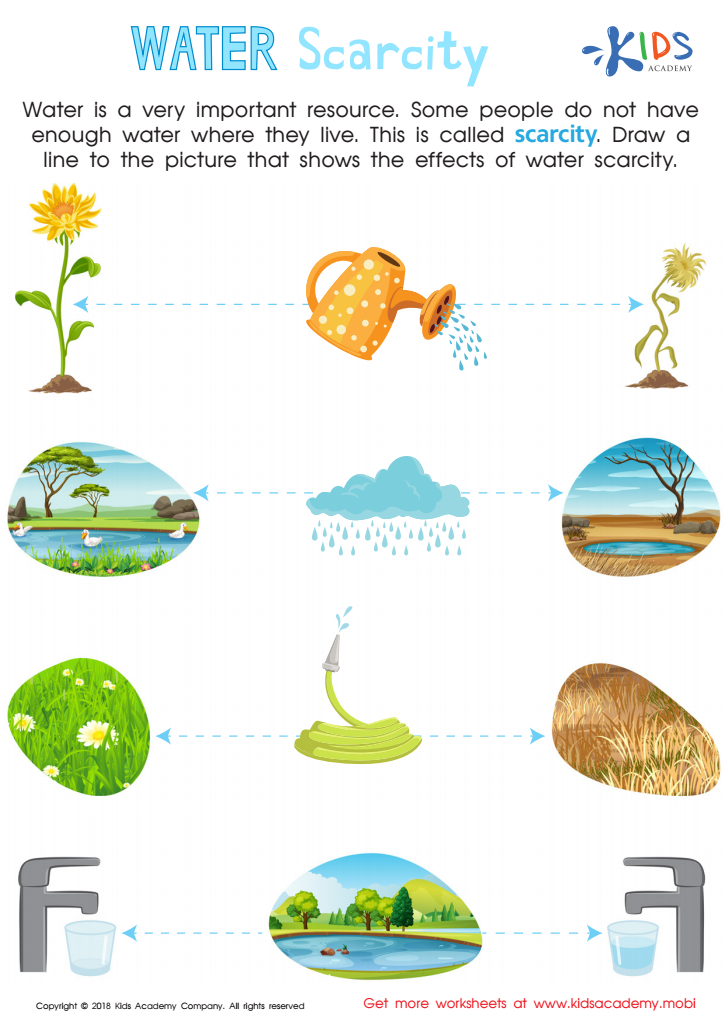

Water Scarcity Worksheet
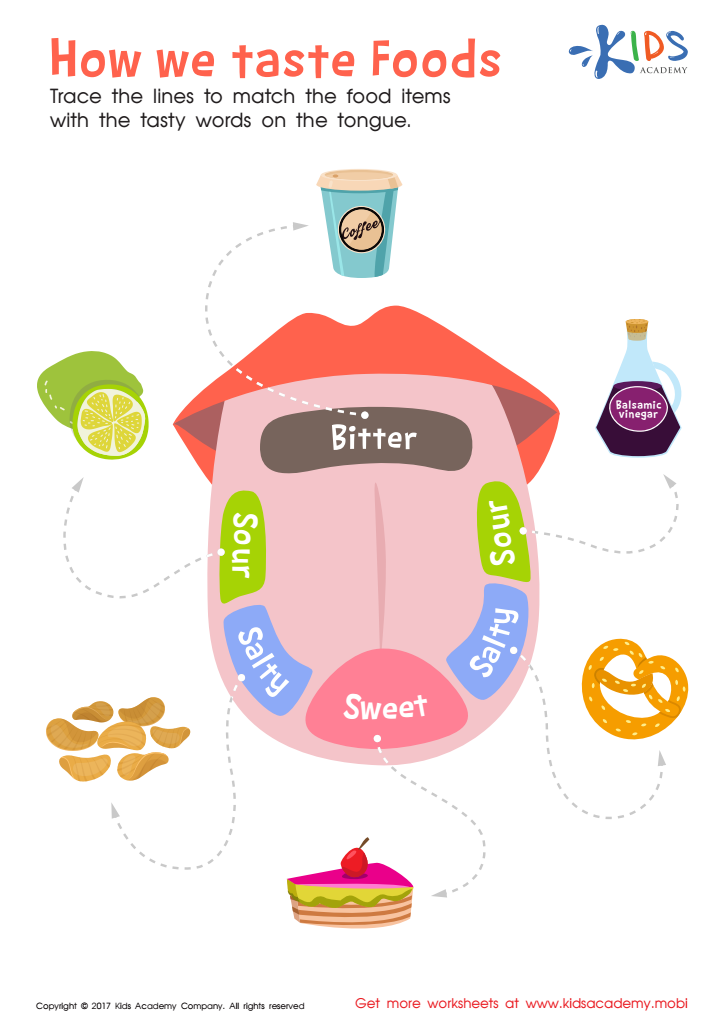

How We Taste Foods Worksheet
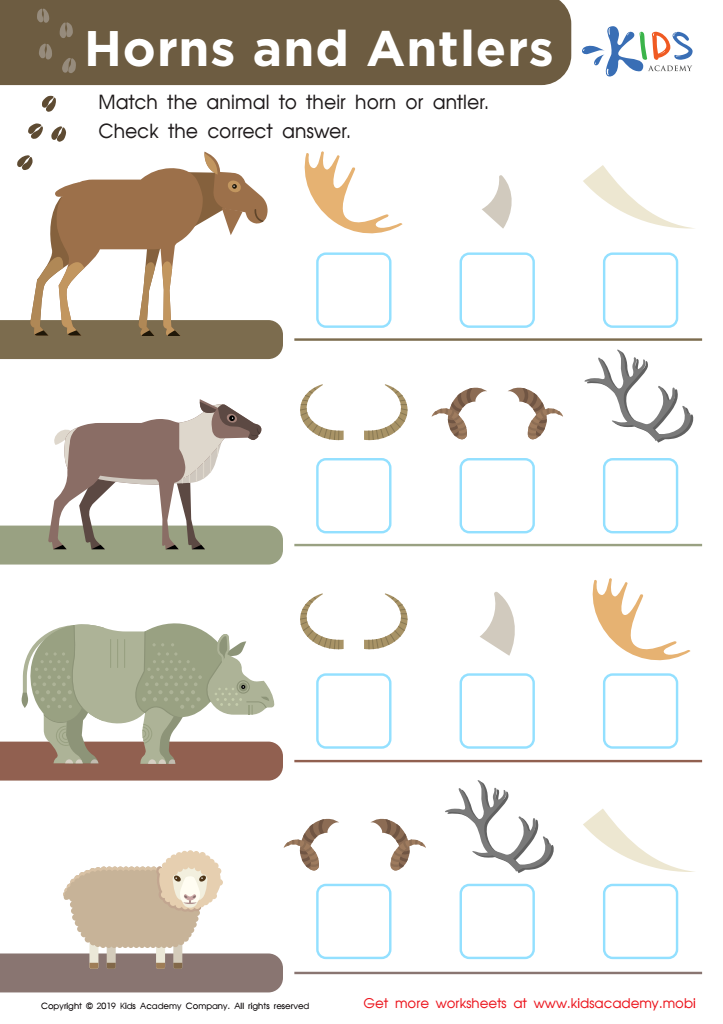

Horns and Antlers Worksheet
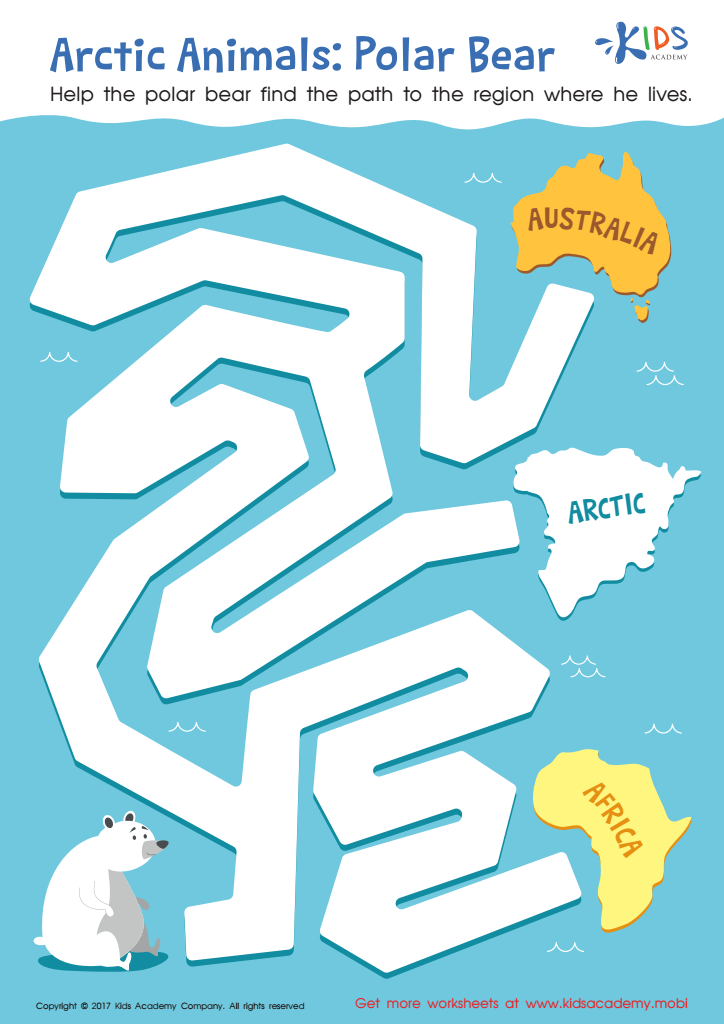

Arctic Animals: Polar Bear Worksheet
Enhancing reading comprehension for children aged 4-6 is crucial for their cognitive and linguistic development. At this tender age, children are starting to build foundational skills that significantly impact their future academic success. When parents and teachers focus on reading comprehension, they help children not only to decode words but also to understand and engage with the text, developing critical thinking and analytical skills early on.
By fostering reading comprehension, adults equip children with the tools to make connections between the text and their own experiences, which enhances both engagement and enjoyment in reading. This age-appropriate approach supports vocabulary expansion and promotes language skills that are essential for effective communication.
Moreover, strong reading comprehension skills lay the groundwork for lifelong learning. Children who can understand and interpret information are better positioned to succeed in academic settings, where reading is integral to all subjects. Encouraging an interactive reading environment—where questioning, predicting, and summarizing are encouraged—engages young learners and nurtures a love for reading. Ultimately, prioritizing reading comprehension at this stage shapes not just competent readers, but also inquisitive thinkers and confident learners, impacting their educational journey positively in the long run.
 Assign to My Students
Assign to My Students




